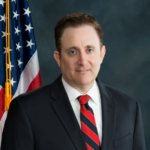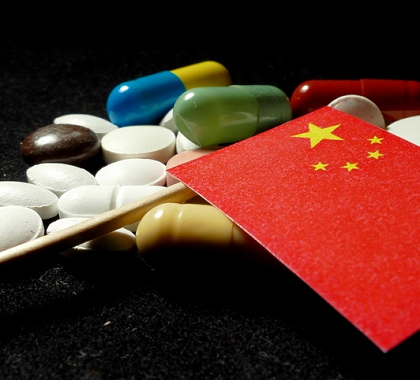For many years, I’ve warned that such dependence is dangerous for a number of reasons, including national security considerations and quality control deficiencies. The tragic Covid-19 crisis and the resulting disruption of medical supply chains perfectly exemplify these concerns. But these events are only the tip of the pharmacological iceberg.
Most recently I’ve suggested ways the FDA could reform the current system to address these issues. But as we grapple with the fallout from the crisis and begin to mobilize our domestic industry to deal with our system’s vulnerabilities, it’s useful for us to consider how we arrived at such a terrifyingly precarious situation. There are many factors that contributed to this nightmare and plenty of entities to blame.
Less than two decades ago, North America and Europe manufactured virtually all generic pharmaceuticals. But then healthcare economics changed. As with many other consumer items, first India, and then China, undercut our domestic pharmaceutical manufacturing by offering lower-cost labor and manufacturing costs and a near-total absence of FDA regulation.
Domestic and European Drugmakers Are Unfairly Targeted by the FDA
Outdated FDA regulations unfairly targeted domestic drug manufacturers with frequent unannounced inspections while effectively providing foreign manufacturers with advanced notice of their less frequent inspections through mandatory visa applications. Even with this advanced notice, Chinese manufacturers have continued to rack up violations for incompetence, profiteering negligence, and a general disregard towards the U.S.’s sacrosanct manufacturing, sanitary, and quality control standards.
In spite of these repeated violations, the FDA continues to rely on these foreign manufactures for information on the contents and manufacturing potency of the pharmaceuticals they produce. Instead of conducting independent testing of these imported drugs, the FDA—unbelievably—trusts the obviously unreliable Chinese and Indian manufacturers. Valisure, an online pharmacy, has undertaken the testing of these foreign-made drugs and has uncovered consistent mislabeling, potency excursions, and cancer-causing contaminations of our critical medicines.
The FDA, federally funded scientists, and U.S. pharmaceutical companies spend billions of dollars and millions of man-hours each year on research and drug trials to develop new drugs and ensure that they are safe and successful. Each successful drug stands on a mountain of research and failed tests with a tiny fraction of pharmaceuticals passing through the rigorous protocols the FDA has in place. But all of this effort and care goes to waste if ineffective inspection and quality control procedures let low quality drugs flood our markets.
The current domestic-focused regulatory regime may have been practical when foreign pharmaceutical manufacturing comprised a tiny fraction of our drug supply—but now, with most of our drugs coming from Asia, it is politically unworkable, unreliable and unsafe.
But this outdated and unfair regulatory regime has persisted, likely due to intransigence on the part of vested interests. Pharmacy benefit management (PBM) companies—the entities responsible for administering prescription drug programs—have followed their profit motive and have almost completely turned to cheaper Chinese pharmaceuticals for their insured patients.
They ignored the risks—both to their patients and to their country—and opted to trade safe American and European-made pharmaceuticals for a marginal increase to their bottom line.
Bring Production Back to the U.S.
This risky turn to cheaper drugs from China has driven nearly every American generic pharmaceutical manufacturing company out of business, with the exception of those producing controlled substances, but only because they have additional regulatory hurdles.
The lack of a domestic drug manufacturing base constitutes yet another security risk to our nation and its citizens.
Bringing drug production back to the U.S. would not require a big-government, pork-filled, deficit-exploding effort. It could be accomplished through sound and fair regulatory reform that would put foreign and domestic manufacturers on a level playing field and give American consumers more information so that they can make educated choices about the drugs they consume.
Over the past few years, the FDA has made great strides to speed up the approval process for new drugs, to approve generic applications, and to treat orphan diseases. They have also shown an extraordinary ability to move quickly in the face of the Covid-19 crisis.
With enough political will and common sense, the FDA can help ensure we have high quality drugs and that we can maintain a robust and resilient domestic supply chain. Our pharmacological self-sufficiency and safety are not only crucial facets of our national security, but are worthwhile protections of the hundreds of billions of dollars that we have invested into ensuring the continued development and safety of new drugs.
Going forward, the White House will require experts with specialized knowledge about drug production, quality control, and drug safety. The president’s “buy American” executive order is the first of many steps, but President Trump’s policy advisors still have much to do in order to secure a reliable and domestic source of America’s pharmaceutical lifeline.
This column does not necessarily reflect the opinion of The Bureau of National Affairs, Inc. or its owners.
[First published by Bloomberg Law.]





